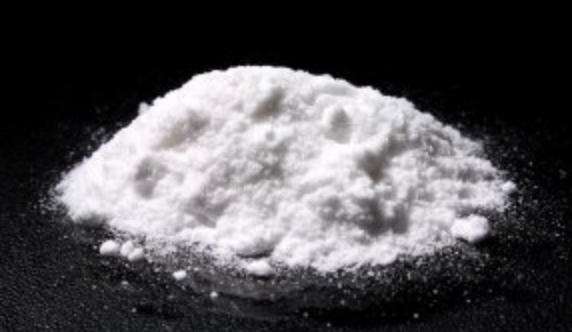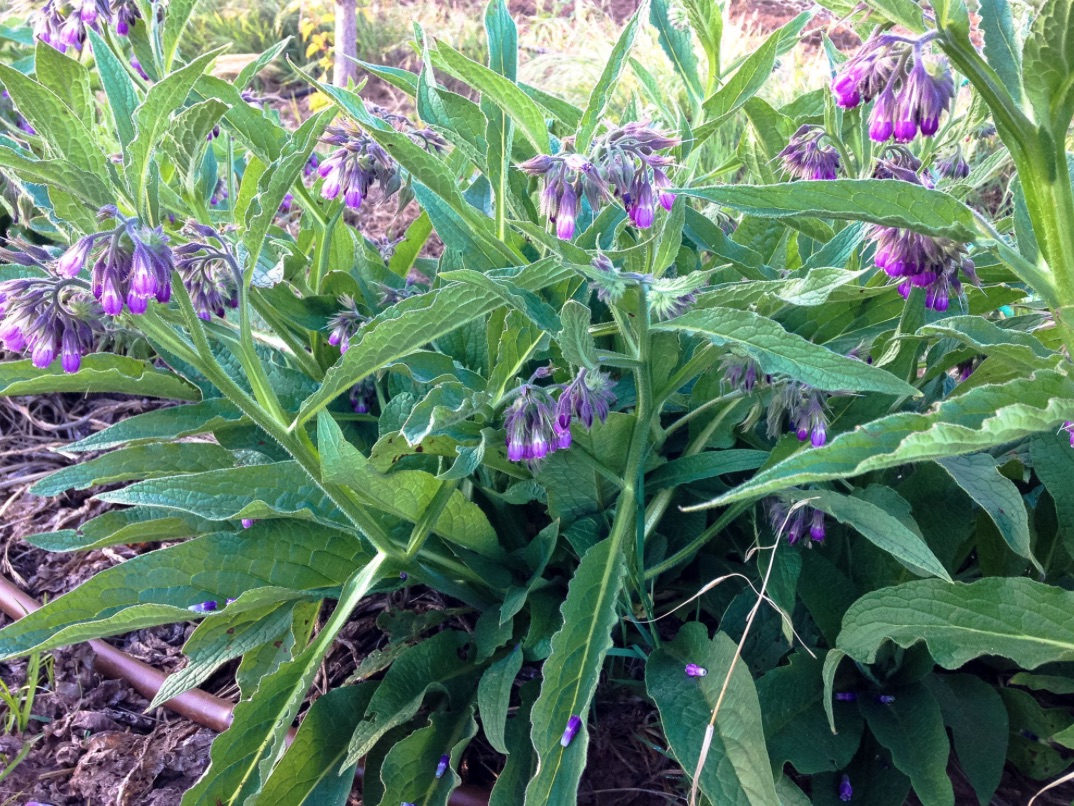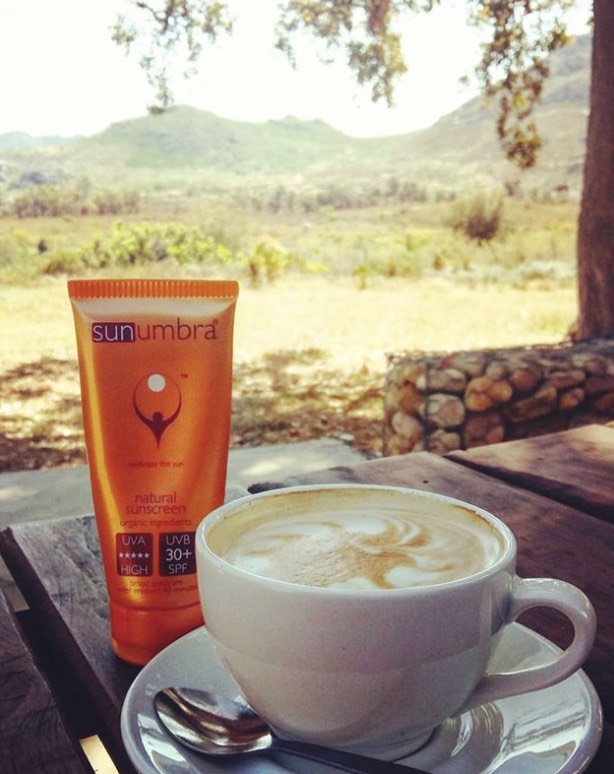Allantoin
- Home
- Allantoin
Allantoin is natural, safe, non-toxic and meets both CTFA and JSCI requirements.
In its natural, organic form, allantoin is found in several plants that include beets, comfrey, chamomile and wheat sprouts. The extract from comfrey is a very popular choice and was originally named for the allantois structure that is involved in the exchange of nutrients and waste for developing embryos.
Chemically synthesized allantoin, is a chemically equivalent, or bio-identical substance, to the naturally occurring one. Having been proven to be and safe and non-toxic for use in a variety of cosmetic formulations, it is widely adapted in cosmetic products and compatible with many cosmetic raw materials.
Allantoin benefits:
Allantoin is probably most noted as a very effective moisturizing ingredient when used in creating skincare products.
As a gentle, non-irritating ingredient it is regularly added to anti-aging skin products, especially if being used by those people with sensitive or easily irritated skin.
Beneficial effects for allantoin include:
- healing of scalds, burns and sunburns
- skin moisturizing and softening effect
- keratolytic - increases the water content of the extracellular matrix
- increasing skin smoothness by enhancing the desquamation or shedding of the upper layers of dead skin cells
- promotion of cell proliferation and wound healing
- a soothing, anti-irritant, and skin protective effect by forming complexes with irritant and sensitizing agents
- counters skin issues such as impetigo, eczema, psoriasis
Allantoin's many uses:
 Allantoin powder extract
Allantoin powder extractAllantoin is odorless, safe, non-toxic, and non-allergenic in both its natural or chemically synthesized forms.
When sold on its own as an ingredient for use in homemade soaps, lotions, and bath products, allantoin is a white, crystalline powder.
It is moisturizing and keratolytic, effectively meaning that it causes keratin in the skin to soften. This enables the skin to heal more quickly and to bind moisture more effectively, making products containing this substance useful for dry skin and for healing wounds, burns, and scars.
On its own, it is also effective against sunburn, chapped lips, cold sores, diaper rash, and similar skin irritations.
Have a question yourself?
Do you have a question or perhaps wish to make a comment or even tell a story about an experience with sunscreen? Please share it! Others will benefit and may join the conversation.








